
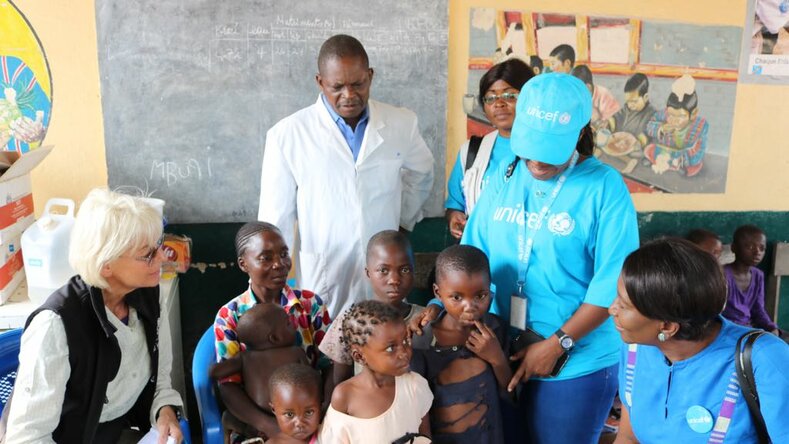
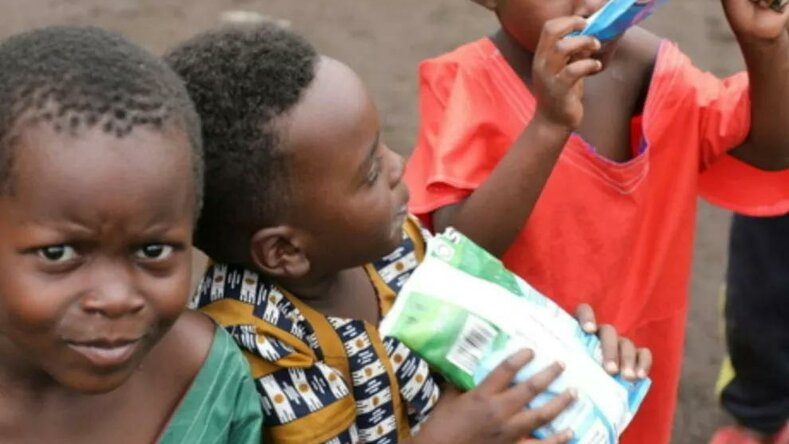
The year 2023 painted a grim picture for humanitarian workers. With reported deaths doubling from 2022 (118) to a staggering 261 last year (OCHA), it's clear the world is failing those who dedicate their lives to helping others.
Shockingly, 96% of those killed were national staff, highlighting the specific dangers faced by local aid workers.
These figures expose a fundamental truth: international laws designed to protect civilians and aid workers during conflict are being blatantly ignored.
Perpetrators act with impunity, while innocent people, including humanitarian workers, pay the ultimate price.
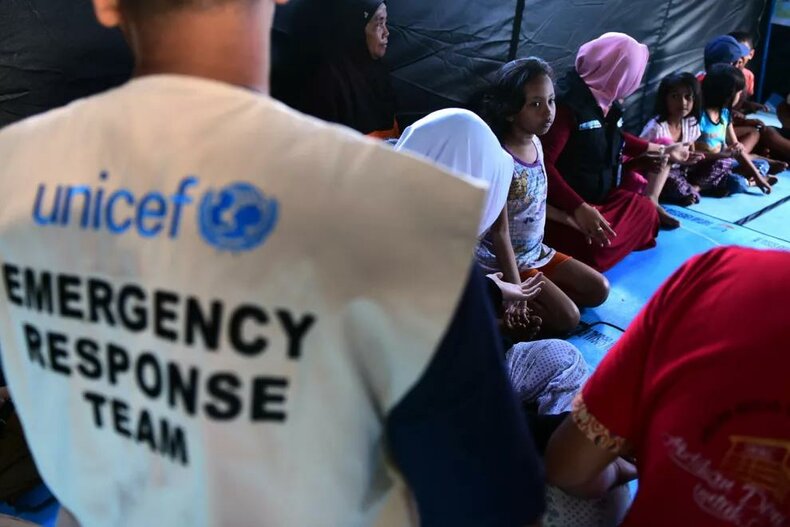
Today, on World Humanitarian Day 2024, we delve deeper into the current situation.
Data reveals South Sudan has consistently been the most dangerous place for aid workers for years, followed closely by Sudan (as of August 17, 2013). The need for humanitarian aid continues to rise dramatically.
According to the 2024 Global Humanitarian Overview (GHO), a staggering $48.65 billion is required to assist 186.5 million people across 71 countries.
However, as of July 2024, funding stands at a meager $12.26 billion, a significant shortfall compared to last year's funding at the same time.
This gap of over $36 billion leaves millions in dire need with limited support.
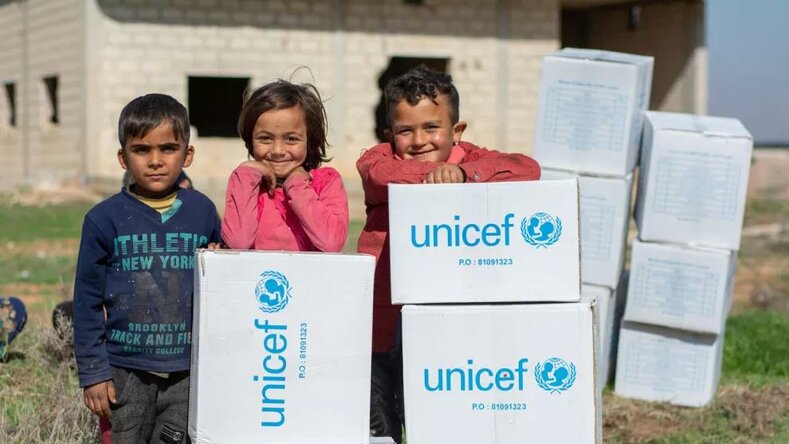
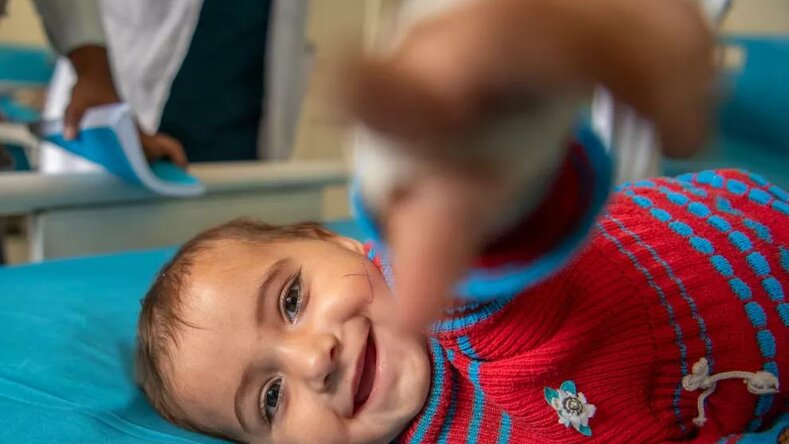
Beyond Conflict
The picture worsens when we consider ecological disasters alongside armed conflicts.
Asia and the Pacific region bear the brunt of natural disasters, fueled by climate change and exacerbated by complex conflicts and ongoing political and social crises.
Protracted conflicts like those in Afghanistan and Myanmar leave millions of people stranded, desperately in need of humanitarian assistance and protection.
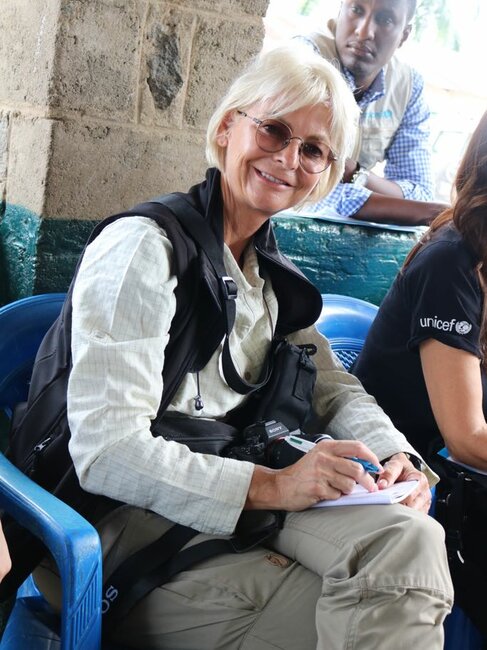
On this World Humanitarian Day, we echo the powerful words of the UN: "Attacks on humanitarian workers and assets must stop. Attacks on civilians and civilian infrastructure must stop."
We must raise our voices and demand an end to these violations and the impunity surrounding them.
“We need a global conversation on how to ensure the safety of aid workers and the people they serve,” underlines Ann Kathrin Linsenhoff and adds that's time for global unity to address these issues: “today is a day to remember our collective humanity, seek peace, and show compassion.”
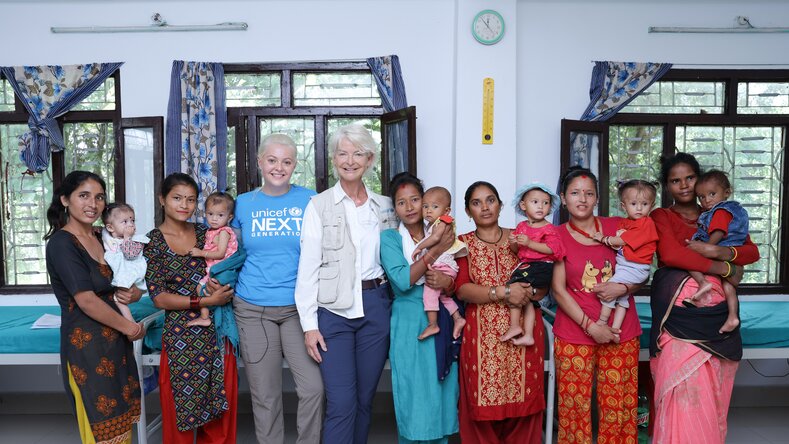
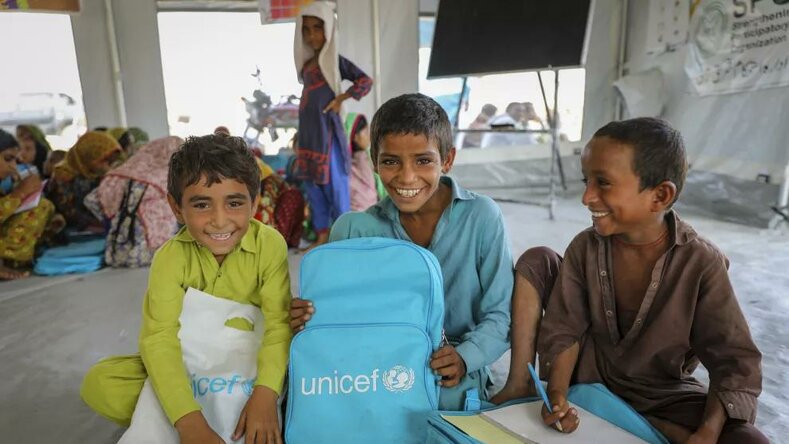
Remember the Faces
By bringing awareness to the plight of aid workers and the desperate situations they address, we can pave the way for solutions.
We must act now to stop the brutalities and ensure a safer future for humanitarian workers and the people they reach.
“Humanitarian aid workers aren't just statistics. They are women and men dedicating their lives to helping others. Let's not forget the faces behind the numbers,” states Ann Kathrin Linsenhoff.
This World Humanitarian Day, let's pledge our support and call for action. Together, we can create a world where humanitarian workers can operate safely and deliver critical aid to those in dire need.
Yours
sincerely

